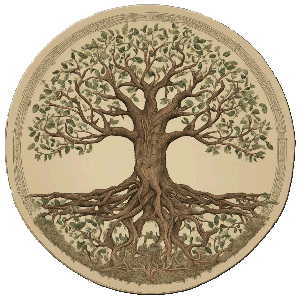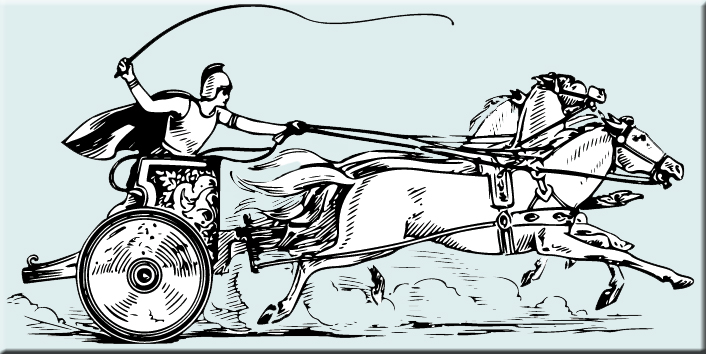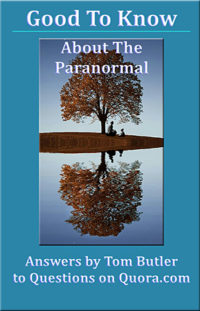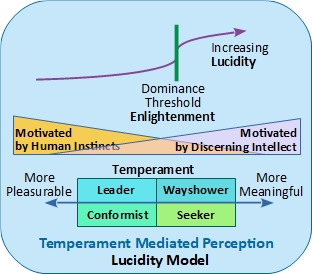Elements of a Useful Theory of Consciousness
Implicit Cosmology Version 2 changes: Change “spatial” to “dimensionless” in the description of reality as a dimensionless singularity that is conceptually infinitely large. Version 3 changes: Moved IONS essay reviews to ethericstudies.org/ions-2024-essays/ added Anatomy of Consciousness Diagram and modified paper to conform to the new diagram. Brief In 2024, the Institute of Noetic Science (IONS) … Read more





